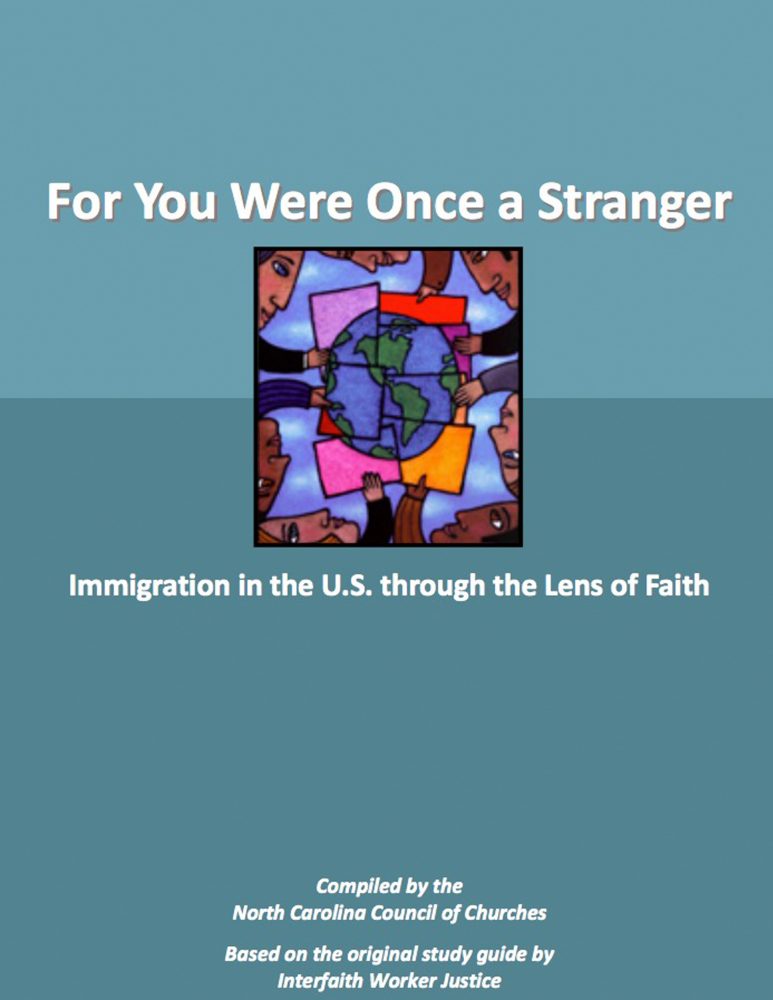The debate about immigration policy continues to divide people of good will across our nation and our state. Immigration divides us, in part, because of both the breadth and the depth of the issues involved – from powerful global economics to fast-changing local cultures, from the complex world of international politics to family histories intricately woven across borders, from worldwide patterns of migration to the very heart of American identity.
The question of how to respond to the complicated realities of immigration has divided us not only as Americans, but also as people of faith. What do our faith traditions have to say about immigrants and foreigners? What resources do we have for naming forms of oppression and liberation in our society? And how might we learn to live with such radical hospitality that we find ourselves ready to welcome even the “least of these” (Matthew 25:40) – willing to obey God rather than the laws of any human authority (see Acts 5:29)? To think theologically about immigration may not provide people of faith with specific policy solutions, but inevitably it does change the nature of the debate itself, transposing it from the realm of fear and scarcity to the realm of love, generosity and abundance.
For 75 years, the North Carolina Council of Churches has been fighting racism and working towards a more just society. Today, this work continues as we learn to welcome immigrants with open arms. We believe that this study guide will help your congregation wrestle with these issues in a faithful way. We offer our deepest thanks to Interfaith Worker Justice and to the individual authors for permission to reprint this study guide. This publication would not have been possible without the generous support of the Z. Smith Reynolds Foundation.
George Reed & Chris Liu-Beers
May 2009

